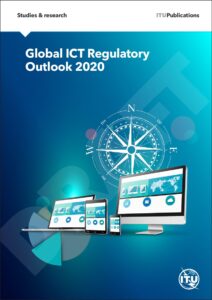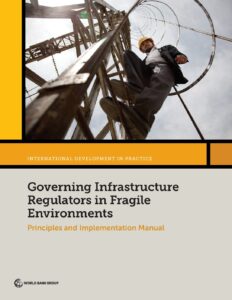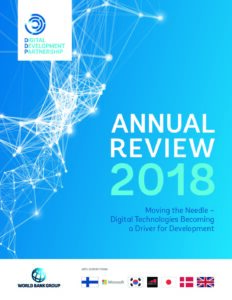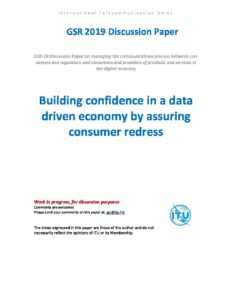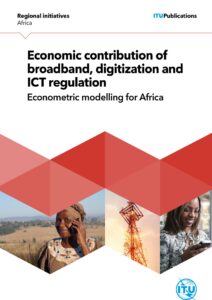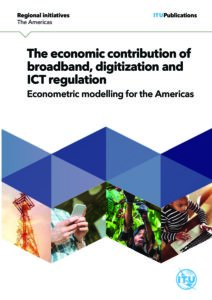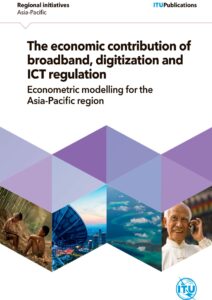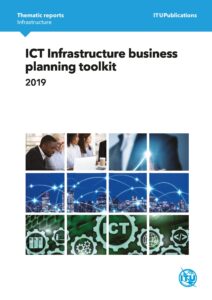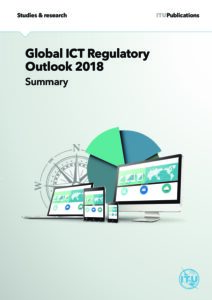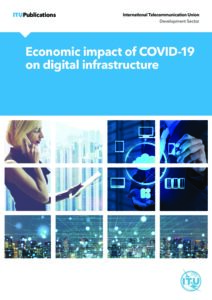
Economic impact of COVID-19 on digital infrastructure Report of an Economic Experts Roundtable organized by ITU
Published in 2020Around the world, COVID-19 has upended lives and economies. Global analysts predict that the world may be facing its deepest recession since the end of World War II. At the same time, the pandemic has highlighted the crucial role of digital connectivity in keeping our societies functioning, as online everything quickly became our new way of life. Despite the surge in digital demand, however, important parts of the digital economy may not have escaped the economic fall-out from the crisis. If the financial difficulties faced by some market players constrain much-needed investment in digital infrastructure, the societal and economic consequences…
Read »